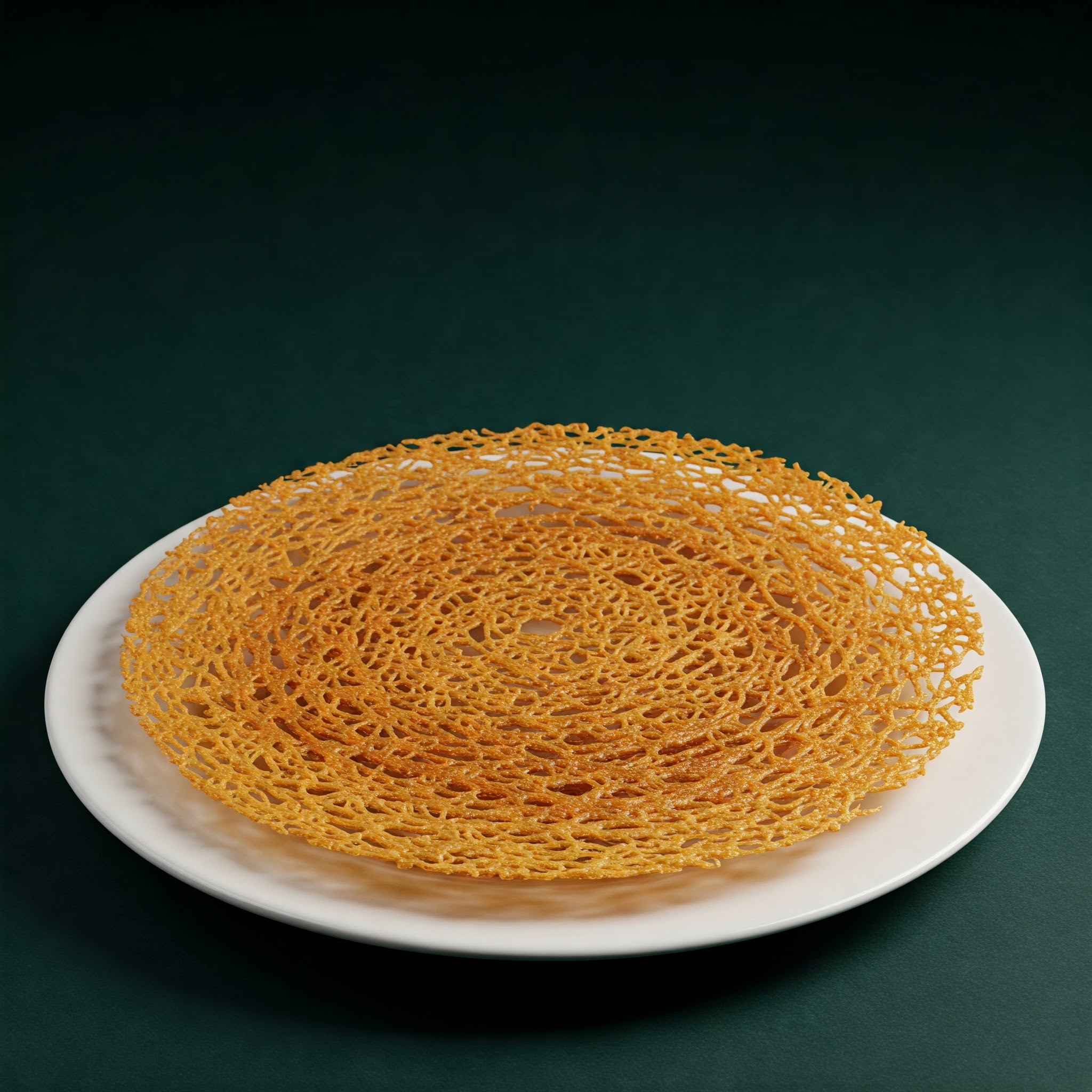Quinoa (राजगिरा, क्विनोआ)
Quinoa

About Quinoa
Discover the Nutritional Benefits and Recipes of Quinoa
Quinoa, often hailed as the “mother grain,” is a true gem in the world of superfoods. This ancient grain, originating from the Andean region, has gracefully made its way into kitchens around the globe, especially in India, where it complements the rich culinary traditions. With its nutty flavor, fluffy texture, and exceptional versatility, quinoa transforms any dish into a nourishing experience. Packed with protein, fiber, and essential nutrients, quinoa is a true powerhouse of energy, making it an ideal choice for those seeking a wholesome, nutrient-rich diet. As a complete protein, containing all nine essential amino acids, quinoa is particularly beneficial for vegetarians and vegans, offering them a high-quality protein source. Its fiber content supports digestion, promotes satiety, and contributes to overall gut health, making it the perfect addition to a healthy lifestyle.
Imagine a vibrant plate of Quinoa Pulao, where each fluffy grain is infused with aromatic spices and seasonal vegetables. Or picture a light and refreshing Quinoa Salad, bursting with the zesty flavors of citrus, crisp cucumbers, and juicy tomatoes—ideal for a summer lunch. The beauty of quinoa lies in its ability to seamlessly blend into any dish, from savory meals to sweet treats.
Common quinoa recipes to try:
1. Quinoa Pulao - A fragrant blend of quinoa, vegetables, and spices.
2. Quinoa Salad - A refreshing combination of quinoa, herbs, and citrus dressing.
3. Quinoa Khichdi - A wholesome, one-pot meal with lentils and spices.
4. Quinoa Biryani - A nutritious twist on the classic Indian biryani.
5. Quinoa Upma - A savory breakfast dish loaded with nuts and vegetables.
Quinoa not only enhances the flavor and texture of your meals but also offers a wealth of health benefits. It is a perfect fusion of traditional nutrition and modern culinary innovation, inviting you to create wholesome dishes with an edge.
“Quinoa: A timeless treasure for vibrant health.” Embrace this golden grain, and let it elevate your meals and inspire your culinary creativity!
How Important is Quinoa?
Quinoa is a highly nutritious, gluten-free grain that has gained popularity worldwide due to its exceptional health benefits. This ancient superfood is rich in protein, fiber, and essential minerals, making it an excellent addition to any diet. Unlike many grains, quinoa is considered a complete protein because it contains all nine essential amino acids, making it especially valuable for vegetarians and vegans.
Quinoa is also packed with magnesium, iron, calcium, and antioxidants, which contribute to improved overall health. It supports digestive health, helps regulate blood sugar levels, and promotes a feeling of fullness, which can aid in weight management.
This versatile grain can be used in a variety of dishes, from savory meals like pulao and khichdi to refreshing salads and even desserts. Its neutral flavor and fluffy texture make it a perfect substitute for rice, couscous, or wheat-based products.
Incorporating quinoa into your diet is an easy way to boost your nutrient intake while enjoying delicious, wholesome meals.
How to Store Quinoa
How to Store Quinoa
To maintain the freshness and quality of Quinoa, it is essential to store it properly. Quinoa should be kept in a cool, dry place to prevent moisture from affecting its quality. An airtight container is ideal for preserving quinoa for a longer period of time, as it protects the seeds from humidity and pests.
Whole quinoa seeds can be stored in a pantry for up to 2-3 years, provided they are kept in an airtight container away from sunlight and moisture. For quinoa flour, however, it has a shorter shelf life of around 6-12 months. It is best to store quinoa flour in the refrigerator or freezer to extend its freshness.
It is important to ensure that quinoa is stored away from strong odors, as it can absorb them. Regularly check for any signs of spoilage, such as an unusual smell or discoloration. If quinoa develops a rancid odor or mold, it should be discarded immediately.
Proper storage of quinoa ensures that you retain its nutritional value, including its rich content of protein, fiber, and essential vitamins, for as long as possible.
Shelf Life of Quinoa
Shelf Life of Quinoa
The shelf life of Quinoa depends on its form and storage conditions. Here's a breakdown:
- Whole Quinoa Seeds: When stored in a cool, dry place in an airtight container, whole quinoa seeds can last for up to 2-3 years.
- Quinoa Flour: Quinoa flour has a shorter shelf life due to its finer texture and higher moisture content. It should ideally be used within 6-12 months when stored in an airtight container, preferably in the refrigerator or freezer to extend freshness.
It's important to check quinoa for any signs of spoilage, such as an off or rancid odor. If you notice any discoloration or mold, discard it. For the best taste and nutritional benefits, consume quinoa within its recommended time frame.
Tip: Store quinoa in a sealed container in a pantry away from direct sunlight and moisture to maintain its freshness for as long as possible.
How to Check Quinoa Before Buying
How to Check Quinoa Before Buying from a Local Vendor
When purchasing quinoa from a local vendor, it's important to ensure that the quality of the grain is intact. First, inspect the appearance of the quinoa. It should be uniform in size and color, with a creamy white or light tan hue. Avoid quinoa that appears discolored, dull, or has visible blemishes, as this could indicate poor quality or spoilage.
Next, give the quinoa a quick smell test. It should have a fresh, slightly nutty aroma. If the quinoa smells musty or rancid, it's likely stale and should be avoided. Finally, check for foreign particles or any contaminants. High-quality quinoa will have minimal dust and no foreign substances like dirt or stones.
As for purchasing in bulk, the best time to buy quinoa is typically during the harvest season, which is around October to December in regions where quinoa is grown. Buying quinoa in bulk during this time ensures freshness, as the grain is harvested and available in larger quantities. Additionally, quinoa has a long shelf life, so it can be safely stored for months if kept in an airtight container in a cool, dry place.
Explore
Explore our services and take your business to the next level.
Recent Posts

Halwa is the perfect addition to a balanced weekly menu, offering both taste and...

Savor the warmth of Palak Dal Khichdi, a nourishing and comforting dish that bea...

Brinjal

Kuttu Chilla is the perfect addition to your weekly menu, offering a healthy and...

Paneer Potato and Kuttu Cutlets are the perfect addition to your weekly meal pla...
Ready for a Healthier You?
Take control of your wellness! Get a customized meal plan that fits your lifestyle. It's time to eat smarter, feel better, and transform your life!
Get Your Plan Now!Already a member? Login and start now!
Nutrition Facts
Serving Size:
Servings Per Container: 1
| Amount Per Serving | ||
|---|---|---|
| Calories | 328.39 | |
| Fat | ||
| Saturated Fat | ||
| Trans Fat | ||
| Cholesterol | 0 | |
| Sodium | 4.5 | |
| Carbs | 53.65 | |
| Fiber | ||
| Sugar | 3 | |
| Protein | 14.1 | |
| VitaminD | ||
| Calcium | 198 | |
| Iron | 7.51 | |
| Potassium | 474 | |
* Percent Daily Values are based on a 2000 calorie diet.
* Percent Daily Values are based on a 2000 calorie diet.

